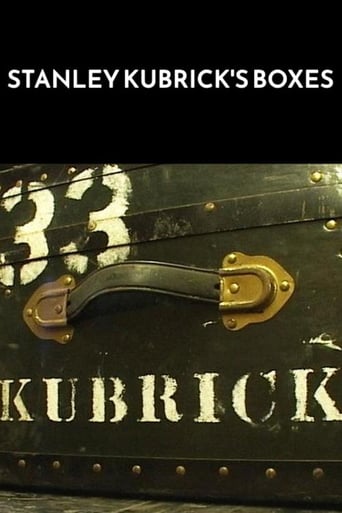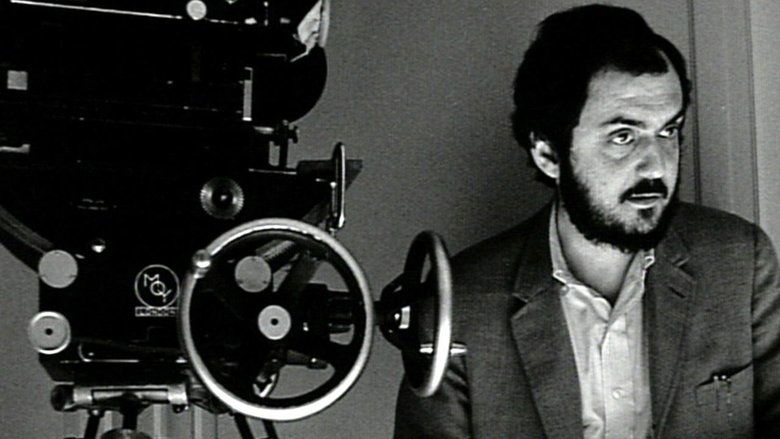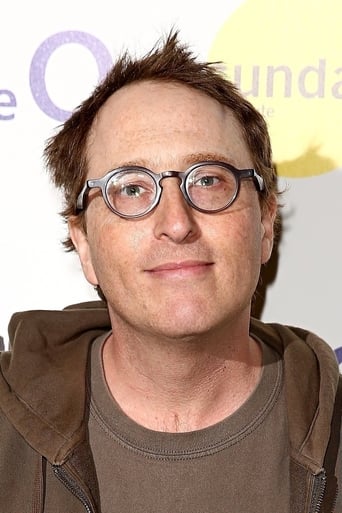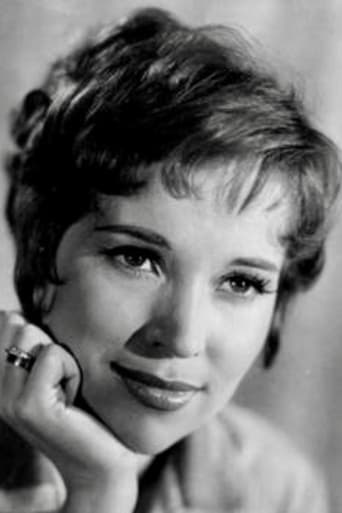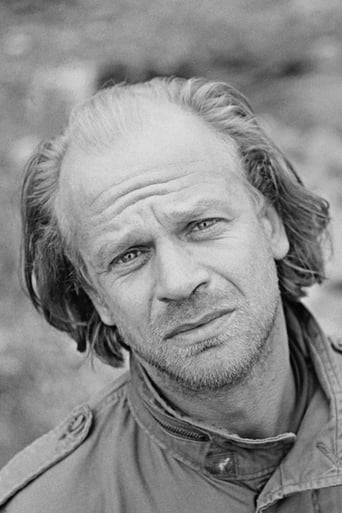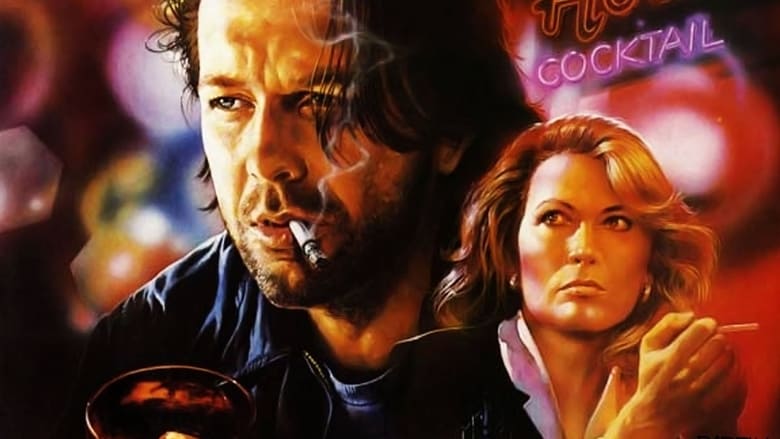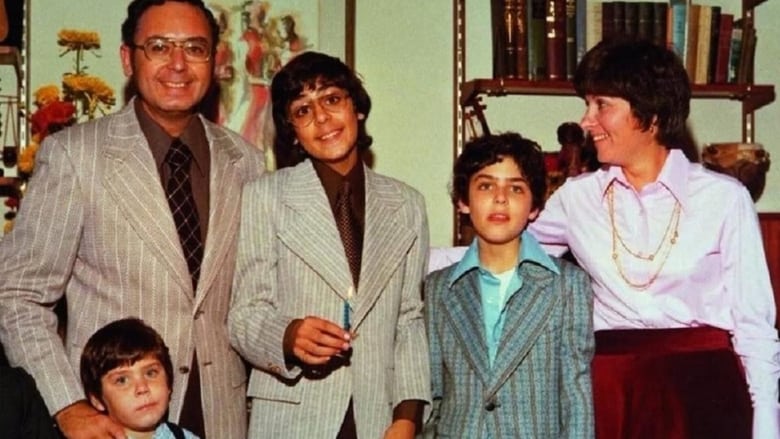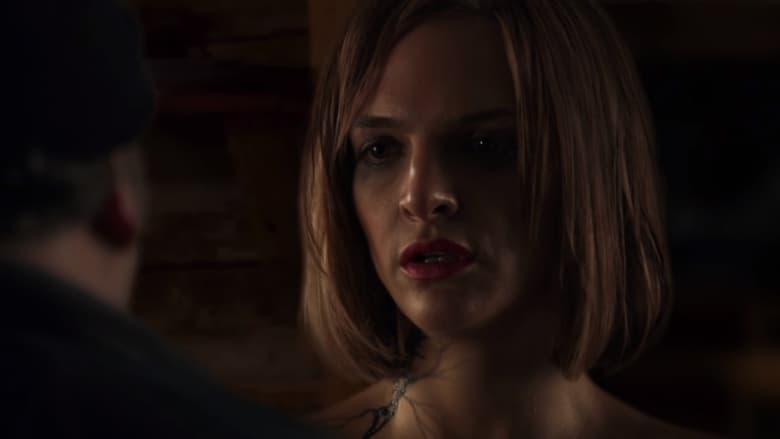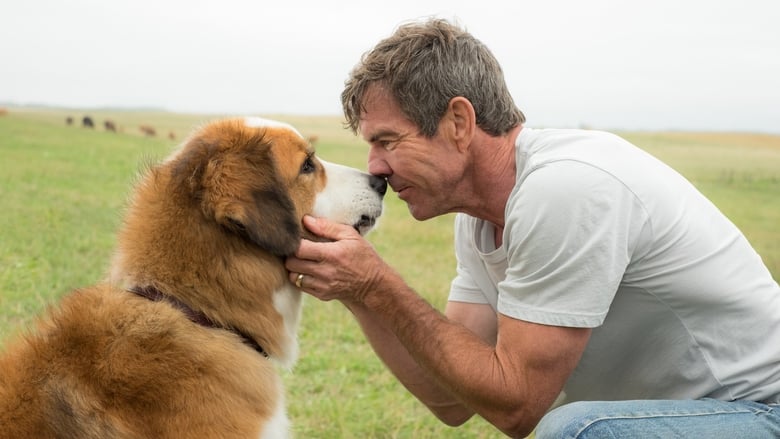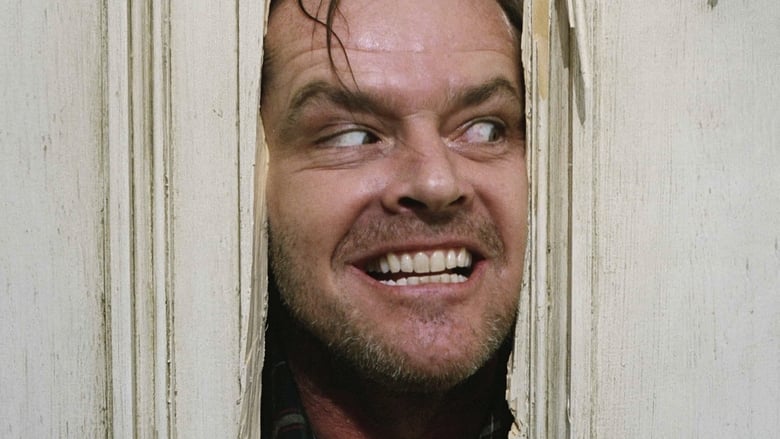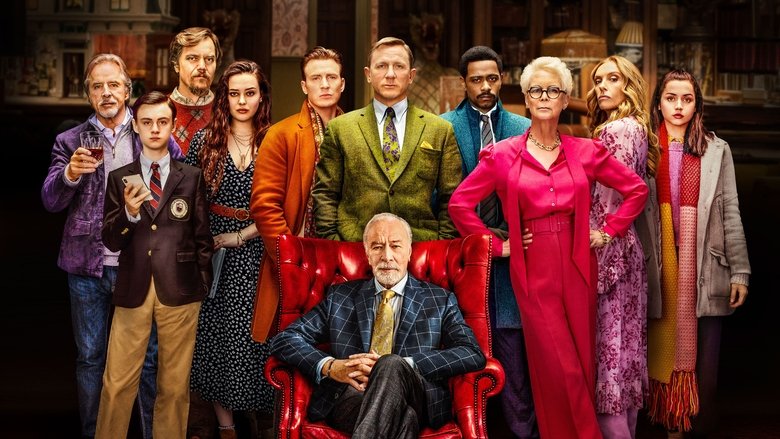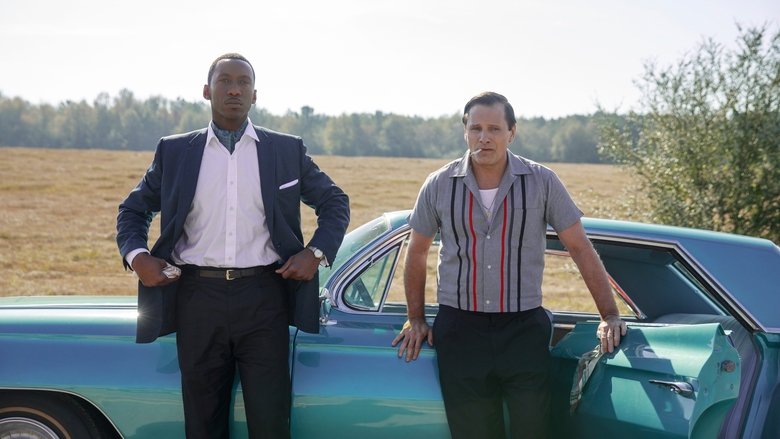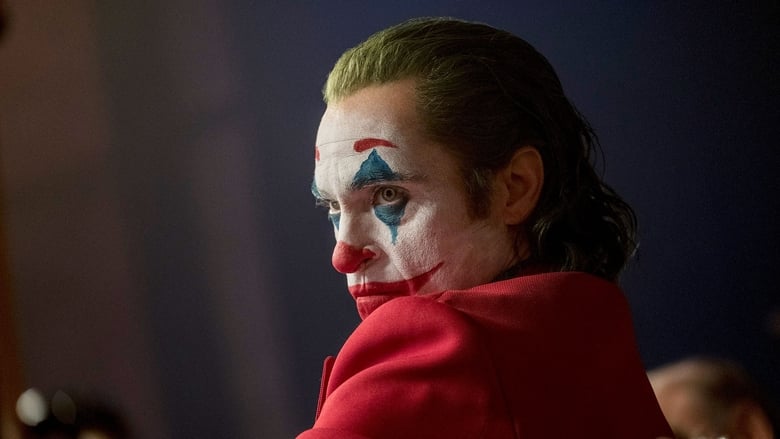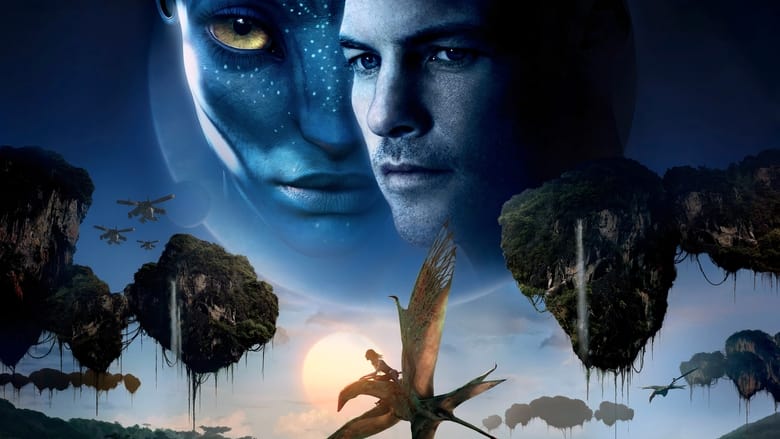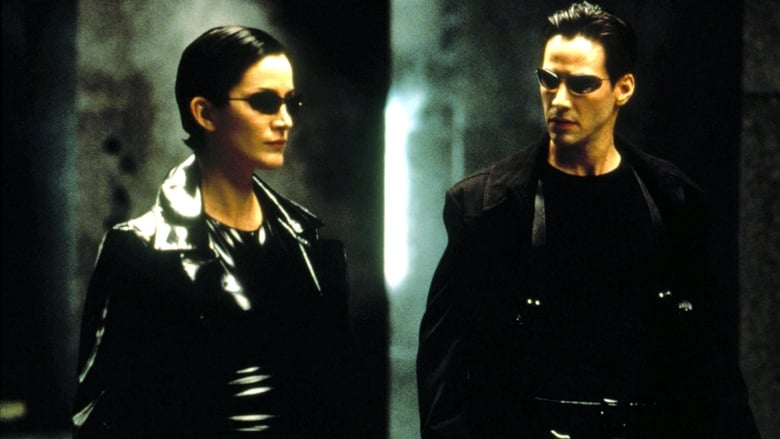A few years after his death, the widow of Stanley Kubrick (1928-1999) asks Jon Ronson to look through the contents of about 1,000 boxes of meticulously sorted materials Kubrick left. Ronson finds that most contain materials reflecting work Kubrick did after the release of "Barry Lyndon" in 1975, when Kubrick's film output slowed down. Ronson finds audition tapes for "Full Metal Jacket," photographs to find the right hat for "Clockwork Orange" or the right doorway for "Eyes Wide Shut" -- thousands of details that went into Kubrick's meticulous approach. Ronson believes that the boxes show "the rhythm of genius." Interviews with family, staff, and friends are included.


Reviews
Stanley Kubrick was an intensely interesting man. He was also secretive and reclusive. Not surprisingly,very little media exists about Stanley and/or the production of his films.Jon Ronson has taken boxes from Kubrick's house and opened them. The boxes contain pictures and documents from the director's productions and after examination, permit the Kubrick curious to glimpse aspects of Stanley's mind and method. Ronson puts the distillation of his finds into this meandering documentary film.There are some impediments during the film. Ronson's voice is irritatingly nasal and high pitched. And when he pronounces the letter "S", the sibilance is so intense that his deliberately calm demeanor becomes painful.Also, there is too much of Mr Ronson in the film. The viewer could be forgiven if they were to be confused about his the subject and who is the reporter.Otherwise, the subject of Kubrick's Boxes is fertile ground for you if are interested in the man. And with some effort and concentration, we got past the Mr Ronson's heavy hand and grating voice.
Documentary from Sundance and Channel 4 about Stanley Kubrick's boxes. The boxes contain all of the research for all of his films from 2001 to Eyes Wide Shut. It's the story of a man who was obsessed with the films he made and all of the tiny little details involved in making them. Its a tribute to the depths that Kubrick would go to to make a film. It also shows why in the later years so few films were made as his planned film on the Holocaust was sidelined when Steven Spielberg planned and shot Schindler's List while Kubrick was still wading through the research. We see the Fan letters, the crank letters, reports on books and scripts as possible subjects (including a pass on the Killing Fields), film of Kubrick shooting films, the odd memos, the stationery, and everything else that Kubrick collected when he made (and tried to make) films. It'a an intriguing portrait of a man, or at least a man's obsessions through his detritus. It's more a side bar portrait to the man rather than a full portrait and actually would make a nice companion piece to the short documentary thats on the Eyes Wide Shut DVD The Last Movie: Stanley Kubrick and Eyes Wide Shut. Worth a look if you've ever wondered about the man and his obsessions which were always oddly reported in the media.
When a man who was as smart - not entirely nuts, there's something of a difference when looking at an artist - as Stanley Kubrick made a film, it became like erecting a skyscraper: lots and lots of planning, researching, more researching, writing and re-writing, very long casting sessions, long (definitively Kubrickian long) shoots, editing, and finally, more often than not, perfect film-making. For those who may on a given day say out loud that Stanley Kubrick is the greatest filmmaker post-silent era (which I myself have uttered on occasion), a documentary like Stanley Kubrick's boxes realizes on this man's obsessions and passions and curiosities and singular attention to detail that it also revealed a tragic flaw: in a career that spanned over 40 years, he directed only 13 feature length films, and in the last 30 years of his life directed 4. One of the things that will endlessly interest me is how a man had such a wealth of knowledge about one thing that if it got turned off or something happened with the project it was like literally losing a child. And, oddly enough for such a (compared to, say, Woody Allen) un-prolific man, he never went on "holiday" or even really recognized what it was to take a holiday.This documentary is essential if only for highlighting this and other parts to Kubrick, the actual man as he was as well as the "mythology" that surrounded him for being so reportedly reclusive and eccentric (the opposite was really the case, as a married man with a bunch of kids and cats and dogs who merely enjoyed privacy and creative independence as earned luxuries), with the aid of so many boxes full of "stuff" that it took the director 4 years to look through it all. As meticulous as he was in his everyday life, so was he in storing everything. We see the stills of various hats tried on for Clockwork Orange. We see the legal paperwork Kubrick fired out over a mid-70s sci-fi show that ripped off 2001. We see a handful of the hundreds of hours of audition footage of the grunts for Full Metal Jacket. Hell, we even get to see one or two "looney" videos from pranksters-cum-stalkers who sent Kubrick videos parodying his films.We also get some touching and funny anecdotes from his family (wife and kids) and those closest to him like his assistants (Leon Vitali has some particularly good ones), all unearthing stories to go along with what's pulled out. Some of it, indeed, comes close to unbelievable. But at the same time it can range from insightful without having anything to do with movies (i.e. long transcripts about how to deal with feline behavior) and the mountains of research dedicated to Napoleon and Louis Begley's Wartime Lies. The real hardcore Kubrick fans might not find a whole lot to look at- not sure who they are as I'm possibly one and didn't bicker much- but everyone else, even casual fans, would do very well to seek this out (it's finally aired in the US on Sundance channel). At the least, we get some stuff for film-buffs to geek out on like super-duper rare behind the scenes footage with FMJ.
http://eattheblinds.blogspot.com/The day Stanley Kubrick died I was terribly saddened. My grief was for a very selfish reason, simply that I would see only one new Kubrick film for the rest of my life. That film was Eyes Wide Shut and it proved to become one of my favorite Kubrick films. But losing Kubrick too early was a tragedy, not just because it would push A.I. onto Spielberg's desk, but because Kubrick still had a few films left in him and those films, would undoubtedly be masterpieces. Masterpieces are fewer and further between now more than ever and if the current state of film-making is any indication, there will never be another Kubrick.The other day I was sent a link to a fascinating Channel 4 documentary directed by Jon Ronson titled: Stanley Kubrick's Boxes. When Ronson is invited to Kubrick's estate after the reclusive director's untimely death, Ronson becomes captivated by the thousands of boxes stacked and stored throughout Kubrick's stately home. The boxes (and their contents) become the subject of his documentary. What you learn about Kubrick though the contents in these boxes is that he is obsessed with detail oriented work, the methodology behind the perfection of his films. This isn't so much of a revelation as it is impressive with how much research and pre-production Kubrick would put into his films. He left no stone unturned, concrete proof that every single frame of a Kubrick film is deliberately and painstakingly crafted. This is the price of perfection.Searching through all of these boxes as a way to glimpse into the mind of Kubrick has a Rosebud quality to it and Ronson addresses this in the doc's conclusion. He concludes that he found his Rosebud within a few lines spoken by Kubrick on a videotape acceptance speech for his DGA Lifetime Achievement Award. Kubrick states: "Anyone who has ever been privileged to direct a film also knows that although it can be like trying to write War and Peace in a bumper car in an amusement park, when you finally get it right, there are not many joys in life that can equal the feeling." Ronson adds that this quote makes it apparent Kubrick realized in order to make films of genius -- in a world full of bad films -- there has to be a method: precision and detail. In my opinion, there is no question Kubrick is the most important director since Orson Welles. Watching Boxes I now feel I have a better understanding why.
